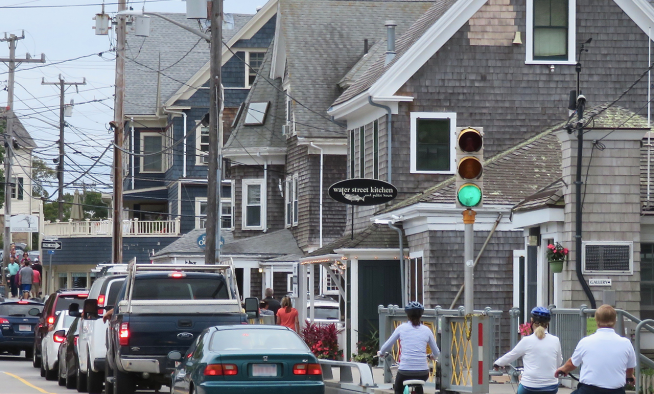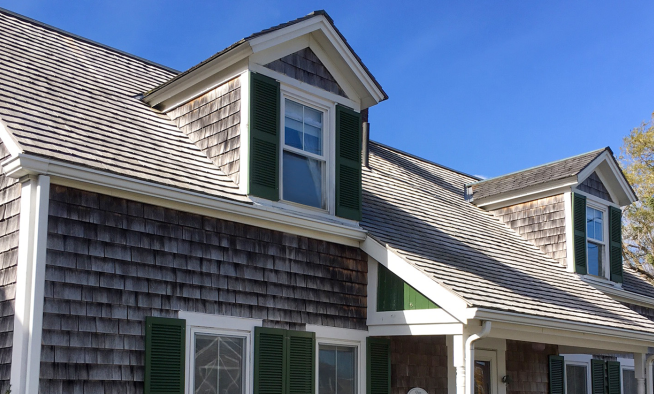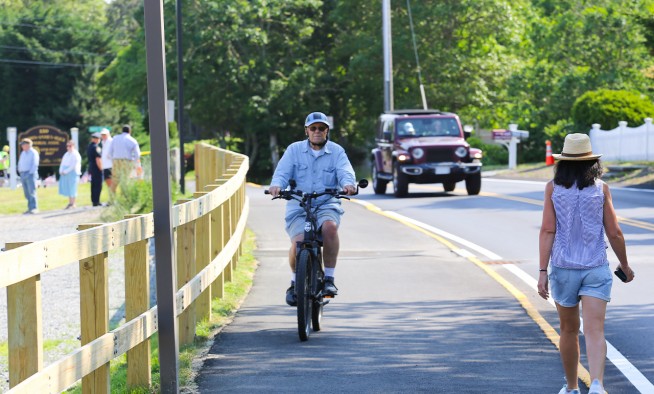Current and future housing supply needs focus of Commission study
A study now under way by the Cape Cod Commission seeks to put numbers to the existing supply and demand, and look 10 years down the road.
Even without the results of an economic study, residents and employers of the County understand the difficulty in finding and creating housing suitable for working families and households of all types. The study will provide detailed measurements of existing housing shortages and forecasted supply-and-demand gaps over the next 10 years and will begin to develop regional strategies to meet these needs.
The Commission engaged Crane Associates, Inc., in collaboration with Economic and Policy Resources, Inc., to develop a Regional Housing Market analysis of Cape Cod and for each town on Cape Cod. Recognizing the unique needs of our region, sub regional opportunities and constraints of the Upper Cape, Mid Cape, Lower Cape and Outer Cape are also part of the analysis.
Meetings have been scheduled in each of the four sub regions for May 3 and 4 with times and locations to be announced. These meetings will help inform and identify unique subregional differences for housing supply and impediments to creation of new, year-round housing. They will also inform the broader regional perspective. Several focus groups have already met to discuss housing issues with the Commission staff and consultant.
The study’s objective is to show what housing products are obtainable to households at a range of income levels up to 160% of median income without overspending housing budgets (generally considered 30-40% of household income). The supply of these housing products, compared to the regional demand for them, will show what gaps exist between housing availability and demand for households of different demographics.
These benchmarks and a robust, fact-based analysis on the current and future state of the residential real estate market in Barnstable County can then guide policy development to meet identified needs.
Some of the numbers are known. Of the roughly 161,000 housing units on Cape Cod, about 95,000 are occupied year-round. Of these, about one third are owned by people 65 and older (American Community Survey, 2011-2015 5-year estimate).
The 10-year production of new housing units from 2006-2015 was the lowest since the 1940s when the Cape’s population was still under 50,000. With demand for seasonal housing still high, the past 10 years also saw an erosion in the number of housing units used for year-round living (U.S. Census and ACS, 2011-2015 5-year estimate). This high demand for homes by retirees and second home owners upwardly influences the price and availability of properties. These factors will be considered as the study projects supply and demand.
These external pressures on the Cape’s housing market affect long term regional sustainability and future economic opportunity. The development regulations that encouraged the growth of predominately single family homes in the past are unchanged. The development patterns promoted by outdated regulations are inconsistent with housing affordability and strain environmental resources, infrastructure, and public services.
Issues related to housing, its supply, location and ability to create are part of the ongoing update to the Regional Policy Plan. The Commission is looking at approaches to direct new housing development into regional activity centers, creating compact, vibrant, and walkable centers in which Cape residents of all life stages and incomes can live, work and play.
SUBREGIONAL MEETINGS
Wednesday, May 3, Lower Cape, 1:30 – 3:00, Chatham Community Center, 702 Main Street, Chatham
Wednesday, May 3, Mid Cape, 6:00-7:30, Cape Cod Commission, 3225 Main Street, Barnstable
Thursday, May 4, Upper Cape, 9:00-10:30, Mashpee Town Hall, 16 Great Neck Road, Mashpee
Thursday, May 4, Outer Cape, 2:30-4:00, Wellfleet Library, 55 West Main Street, Wellfleet
Related Posts




